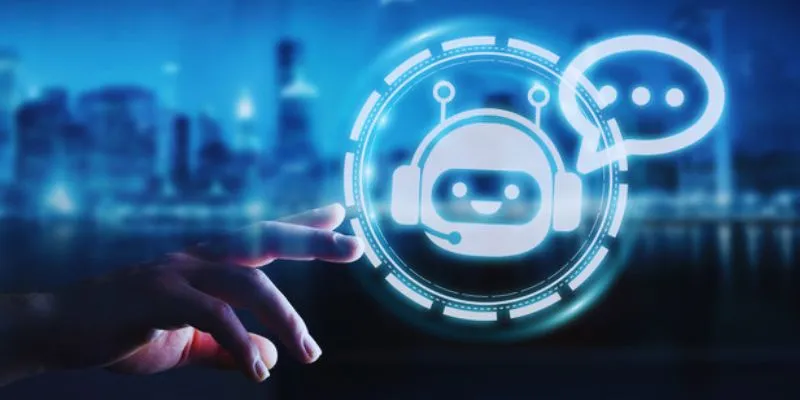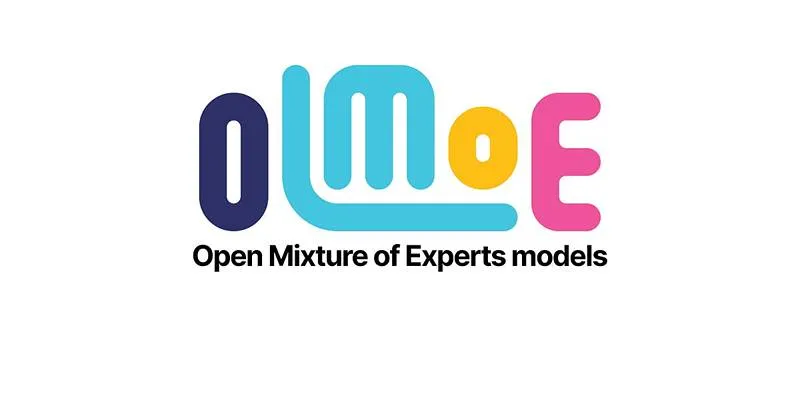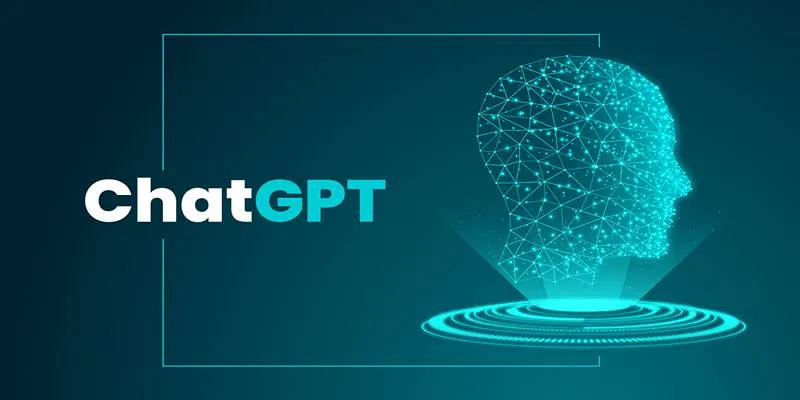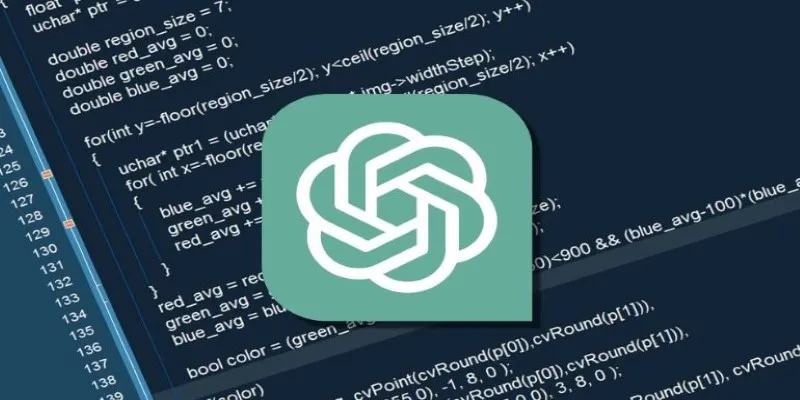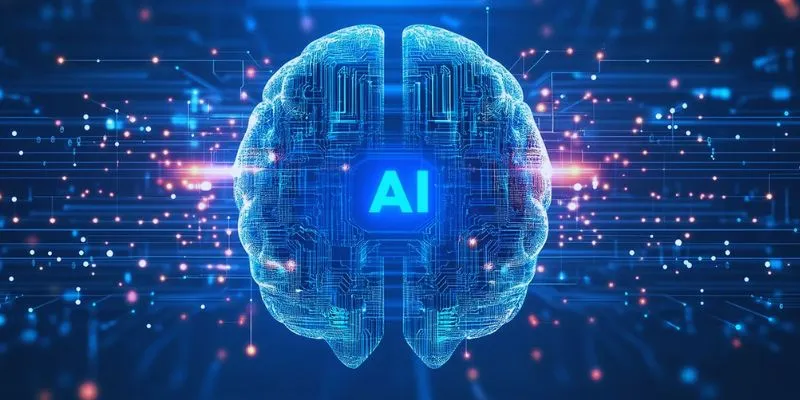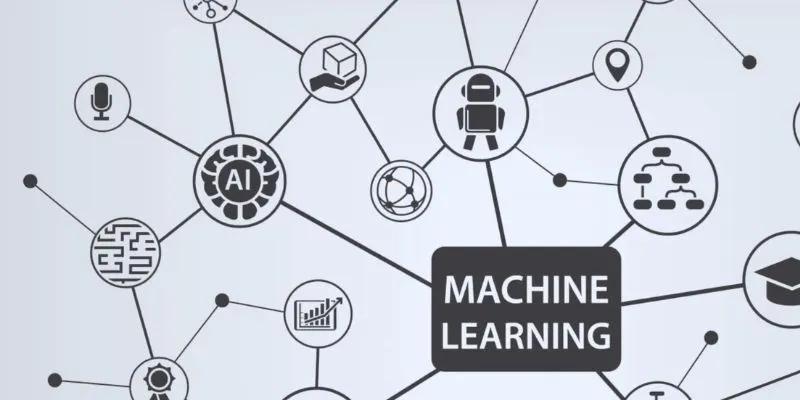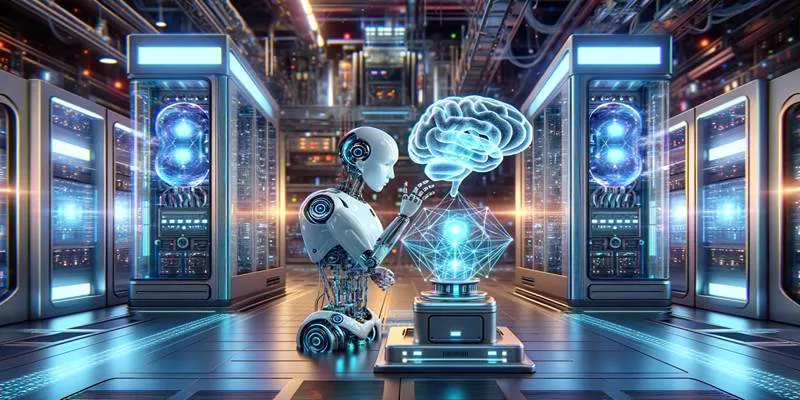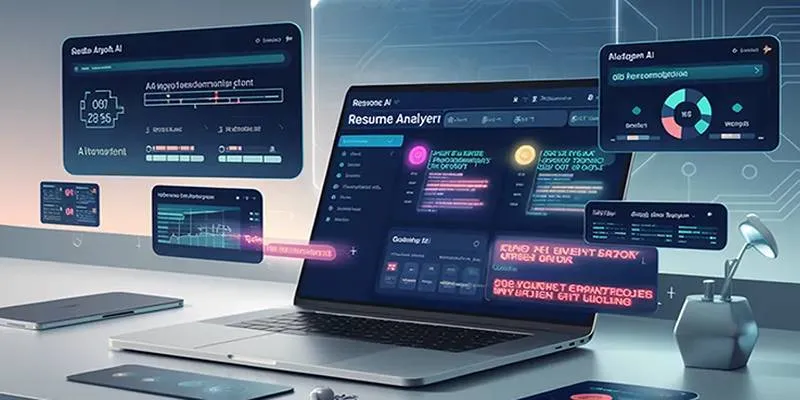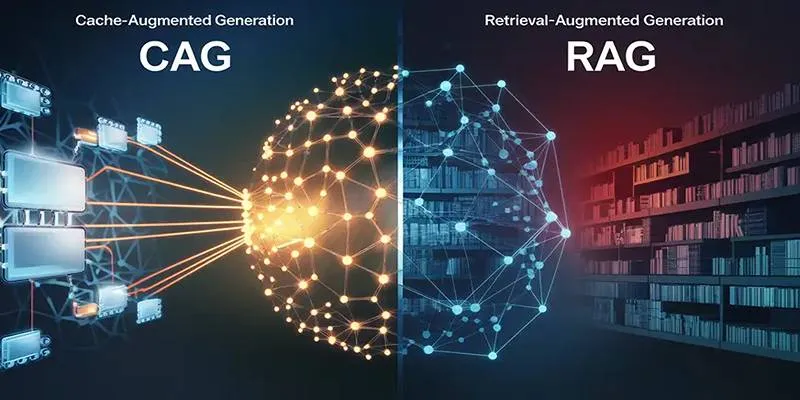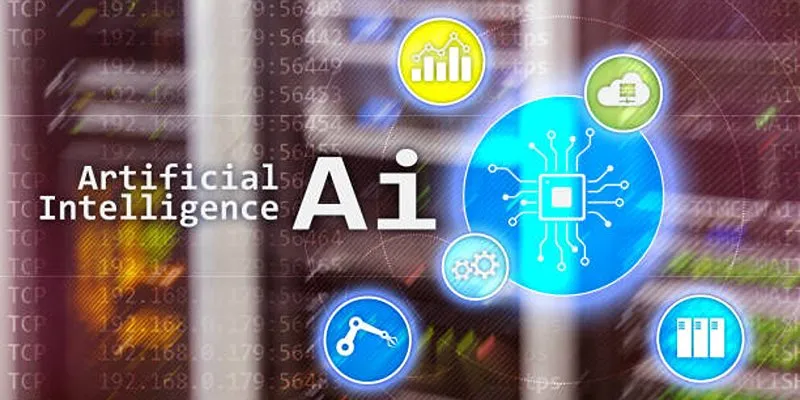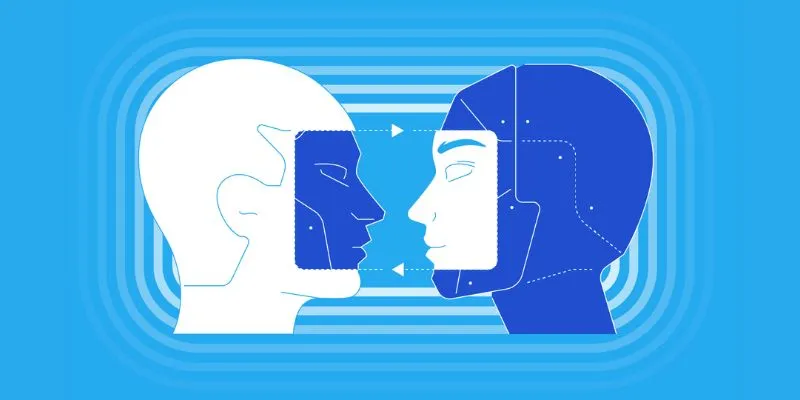ChatGPT is built on powerful large language models that enable it to understand and generate human-like text. Its applications are diverse, spanning from summarizing research papers to crafting personalized emails and even tutoring students. However, while ChatGPT excels in providing accurate responses within a single session, it struggles with a crucial aspect of natural interaction—retaining information over time.
Currently, each new session begins with ChatGPT forgetting previous interactions, including user preferences, communication style, tone, context, and ongoing projects. This lack of long-term memory creates inefficiencies that impact both casual users and professionals.
The Essential Upgrade ChatGPT Needs: Long-Term, Personalized Memory
The idea of memory in AI isn’t new, but ChatGPT’s current short-term memory model limits its capabilities. Users are often required to repeatedly explain instructions, tones, or project contexts. This repetition not only disrupts the workflow but also undermines the concept of a truly intelligent assistant.
Enabling ChatGPT to remember key information across sessions—such as writing preferences, common tasks, or long-term goals—could transform interactions from one-time assistance to ongoing support. This seemingly minor change could have a significant impact.
Why Long-Term Memory Matters for Real Users
Implementing long-term memory in ChatGPT would unlock numerous real-world benefits, enhancing efficiency, satisfaction, and trust.
Here’s how:
- Consistency in Tone and Style: Writers and marketers often rely on ChatGPT for branded content creation. Memory would enable the AI to retain preferred tone, formatting, and voice across sessions.
- Efficiency in Repeated Tasks: Students, professionals, and developers use ChatGPT for repetitive tasks. Memory would eliminate the need to restate similar queries or instructions each time.
- Improved Learning Support: Learners often build on previous questions. Memory would allow the model to provide more meaningful answers over time by building on prior knowledge.
- Stronger User Relationships: When ChatGPT remembers user preferences, it creates a more tailored and less robotic user experience.
This type of memory doesn’t require ChatGPT to “know everything” about a user—just enough to be helpful, respectful, and contextually aware.
Examples Illustrating the Problem

The value of memory becomes apparent when considering real-life scenarios. For instance, a small business owner using ChatGPT to create product listings must repeatedly specify that they want bullet points, a friendly tone, and a 50-word description. Memory would streamline this process.
Consider a college student preparing for exams. If they’ve previously asked ChatGPT to explain specific biology terms, memory would enable the AI to build on what the student already learned—much like a real tutor. Developers, too, need this feature. If ChatGPT could remember their coding style or preferred frameworks, it could generate code snippets that align more closely with their work without repeated clarification.
A Practical Vision for ChatGPT Memory
Integrating memory doesn’t have to compromise privacy or overload the system. The ideal setup would allow users to opt in and define what ChatGPT remembers.
Potential features include:
- Memory Profiles: Users could create a saved profile that includes tone, structure, language preferences, and specific topics of interest.
- Project-Based Memory: The ability to tag chats as part of a project would help ChatGPT track ongoing tasks like blogs, presentations, or study plans.
- Quick Edits and Reset Options: Users should be able to easily update, view, or delete stored preferences, maintaining user control.
- Privacy-First Design: All memory features must be built around encryption, transparency, and no third-party access.
With the right structure, memory becomes a trusted tool, not a risk.
Enhancing Business Use Cases with Memory
In professional settings, memory would significantly enhance the usability of ChatGPT across departments and teams.
Here are some business applications:
- Sales Teams: ChatGPT could remember the structure of common outreach messages, product descriptions, or follow-up sequences.
- Customer Support: Representatives could use memory to ensure consistent tone while automating responses to common queries.
- HR Departments: When drafting policies or onboarding materials, memory could help maintain format and language consistency across multiple sessions.
- Software Teams: Developers could save time by having the AI understand project structures or API usage without starting from scratch.
For businesses using AI at scale, consistency is crucial. Memory delivers that.
User Feedback on Memory Limitations
Feedback from users across industries highlights the need for memory. Writers seek consistent tone, developers desire continuity, and everyday users want ChatGPT to “remember” them like a human would.
- “Every time I start a new chat, I have to explain my formatting again.”
- “I use ChatGPT for tutoring, but it forgets everything we did last session.”
- “It would be amazing if it just remembered I like bullet points and short sentences.”
These aren’t minor complaints—they reflect a significant gap in AI-human communication.
Addressing Privacy Concerns

A natural concern with memory is privacy. Users are rightfully cautious about what data is stored and how it’s used.
For memory to succeed, it must be:
- Voluntary: Users should have complete control over whether memory is used.
- Secure: All memory data must be encrypted and never shared or used for marketing.
- Visible: Users should see exactly what’s stored and when it’s used.
- Simple to Manage: Editing or deleting memory should be as easy as writing a message.
When transparency meets control, users feel safe and empowered—two essential pillars for any AI system.
Conclusion
While ChatGPT is a remarkable tool, there is still room for significant improvement. If one feature could be enhanced, it would be to give ChatGPT the ability to remember users across sessions. This would not only make the AI more intelligent but also more personal, useful, and efficient.
Memory is more than a technical feature—it’s a step toward more human-centered technology. As AI continues to evolve, empowering it to remember responsibly might be the upgrade users desire most.
 zfn9
zfn9



